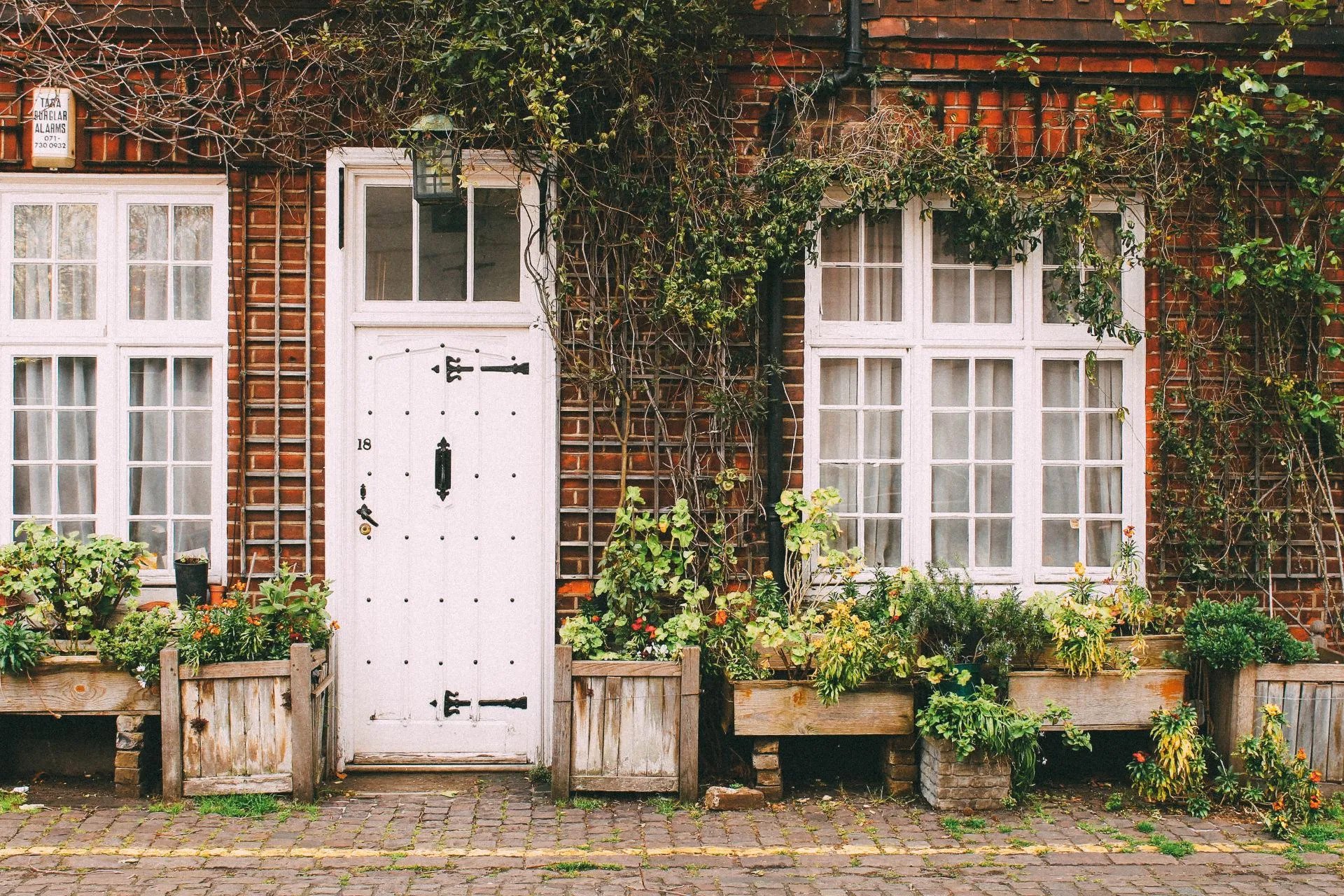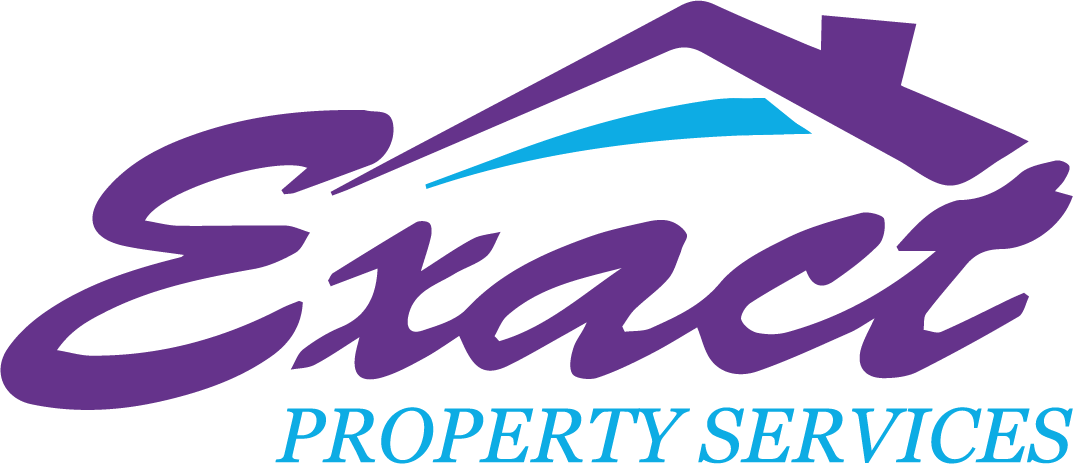
Whether you rent or own, the end of a tenancy can be a trying period, particularly with inventory checks and cleaning. Tenants want their deposit returned; landlords want the property to be in good condition for future renters. Here’s everything you need to know to make the process as smooth as possible, along with some tips to keep everyone on the same page.
Why is End of Tenancy Cleaning Important?
End-of-tenancy cleaning is often a requirement in rental agreements, and it’s one of the main reasons deposits are withheld. A thorough cleaning might make all the difference for tenants between losing some of their deposit and having it returned completely. For landlords, it’s about keeping the property in condition and making sure it’s ready for the next occupants.
The Role of Inventory Checks
Determining the state of the property at the beginning and closing of a tenancy depends much on inventory checks. From carpets to curtains, they record everything and serve as a reference to help settle problems. To guarantee openness, tenants and landlords can attend check-in and check-out inspections. Videos or photographic proof is a great backup.
Top Tips for Tenants: How to Ace Your End of Tenancy Clean
The best way to get your entire deposit back (or as much of it as possible) is to give the property a detailed clean. This is a list of the best advice for cleaning up properly before leaving, to hopefully prevent any disputes with your landlord.
- Start Early: Do not leave cleaning to the last minute! Divide any tasks over a few days so you do not get too stressed. Using the technique more or less breaks more significant, detailed cleaning jobs like scrubbing grout and removing old stains down to several smaller steps. It also helps you spot any places you may have missed previously so you can buff it out to a nice, sparkling finish.
- Focus on High-Traffic Areas: Kitchens and bathrooms endure the most action and will likely need the most scrubbing. Thoroughly clean appliances inside and out (ovens, fridges, microwaves). Scrub sinks, tiles, and worktops to remove any built-up grime, grease, or soap scum. A clean kitchen and bathroom make a huge impact during inspections.
- Windows and Doors: Cleaning windows, frames, and doors can make a big difference in the overall appearance of the property. Remove any smudges, dust, or fingerprints, paying special attention to window sills and door handles. Clean both sides of windows where possible, and check for cobwebs in corners.
- Floors and Carpets: Floors need to be more than just quickly swept. If you use carpets, vacuum them as often as possible, especially in high-traffic areas. If you cannot get the stains out alone, renting a carpet cleaner or paying for a professional carpet cleaning service are options. Vacuum and steam mop all hard surfaces, especially in corners of rooms or under furniture where dust accumulates.
- Dust and Polish: Dust can find its way into every corner of your apartment. So don’t forget about the floors, shelves, fixtures, and ceiling fans. Also, remember the less obvious places for cleaning, such as the tops of cupboards and behind furniture or inside wardrobes.
- Check the Walls: Check the walls for marks, scuffs, or damages. Wipe down any dirt or smudges with mild cleaners and fix small holes from hanging picture fixtures. A fresh coat of paint, if needed, is also a good way to bring the walls back to their original look but you’ll need permission to paint.
- Empty and Sanitise Bins: Leaving bins can cause them to become smelly fast. Remember to scrub them from the inside and outside, and never leave them partially full or wet to avoid any odours.
For Landlords: Managing the Cleaning Process
Ensuring your property is clean and in good condition at the end of a tenancy is key to attracting new tenants. Here’s how landlords can effectively manage the cleaning process and keep the rental in shape.
- Set Clear Expectations: Include a detailed cleaning requirement in the tenancy agreement and provide tenants with a checklist at the start of their lease.
- Use Professional Cleaners: If you want a guaranteed standard, consider hiring professional cleaners before new tenants move in. This will also help reduce the likelihood of conflict.
- Communicate: As tenants come to the end of their leases, keep in contact and inform them of cleaning requirements. Communication must be open to avoid any misunderstandings.
Inventory Checklist Essentials
Here is what you should concentrate on, whether you are doing the check yourself or getting the help of a professional service.
- General Areas: Examine the walls, ceilings, floors, doors, and windows. Record the condition of any wear and deterioration, such as cracks, stains, etc.
- Kitchens: Inspect appliances, cupboards, worktops, sinks, and flooring. Ensure everything is clean, functional, and free from grease, grime, or lingering odours.
- Bathrooms: Look in the toilet to see if it is cleaned. Inspect tiles, grout, taps, showers, toilets, and mirrors to ensure no mould or water damage.
- Living Spaces: Ensure furniture, if provided, is clean and undamaged. Check light fixtures, skirting boards, and any decorative features for dust, scratches, or scuffs.
- Bedrooms: Inspect wardrobes, drawers, beds, and furniture items. Check that everything opens cleanly and that no damage has been done or dirt accumulated inside.
- Outdoor Areas: If applicable, check the condition of gardens, balconies, or driveways. Ensure these spaces are free of rubbish, weeds, or structural issues.
Avoiding Disputes
Disputes often arise when there’s a difference in opinion over the property’s condition. Here are some ways to minimise conflicts:
- Documentation: Keep records of cleaning invoices, receipts, and photos of the property at the start and end of the tenancy, showing any changes.
- Discuss Issues Early: If there’s a problem, address it before the tenancy ends. Tenants should be allowed to correct and avoid charges.
- Use a Third-Party Inventory Clerk: Independent inventory clerks provide unbiased reports, which can help resolve disputes fairly, providing clear, professional evidence during disagreements.
End-of-tenancy cleaning and inventory checks don’t have to be a hassle. As long as both landlords and tenants are in good communication, clearly understand what is expected of them, and prepare properly, this does not have to be a painful experience for anyone. Tenants need to remember that property cleanliness is the golden ticket to receiving their deposit at the end of a tenancy, while landlords should be as fair and transparent as possible to keep relations fair.
Exact have carried out thousands of inspections – for an unbiased and professional report please don’t hesitate to contact me. Handan Rolande
